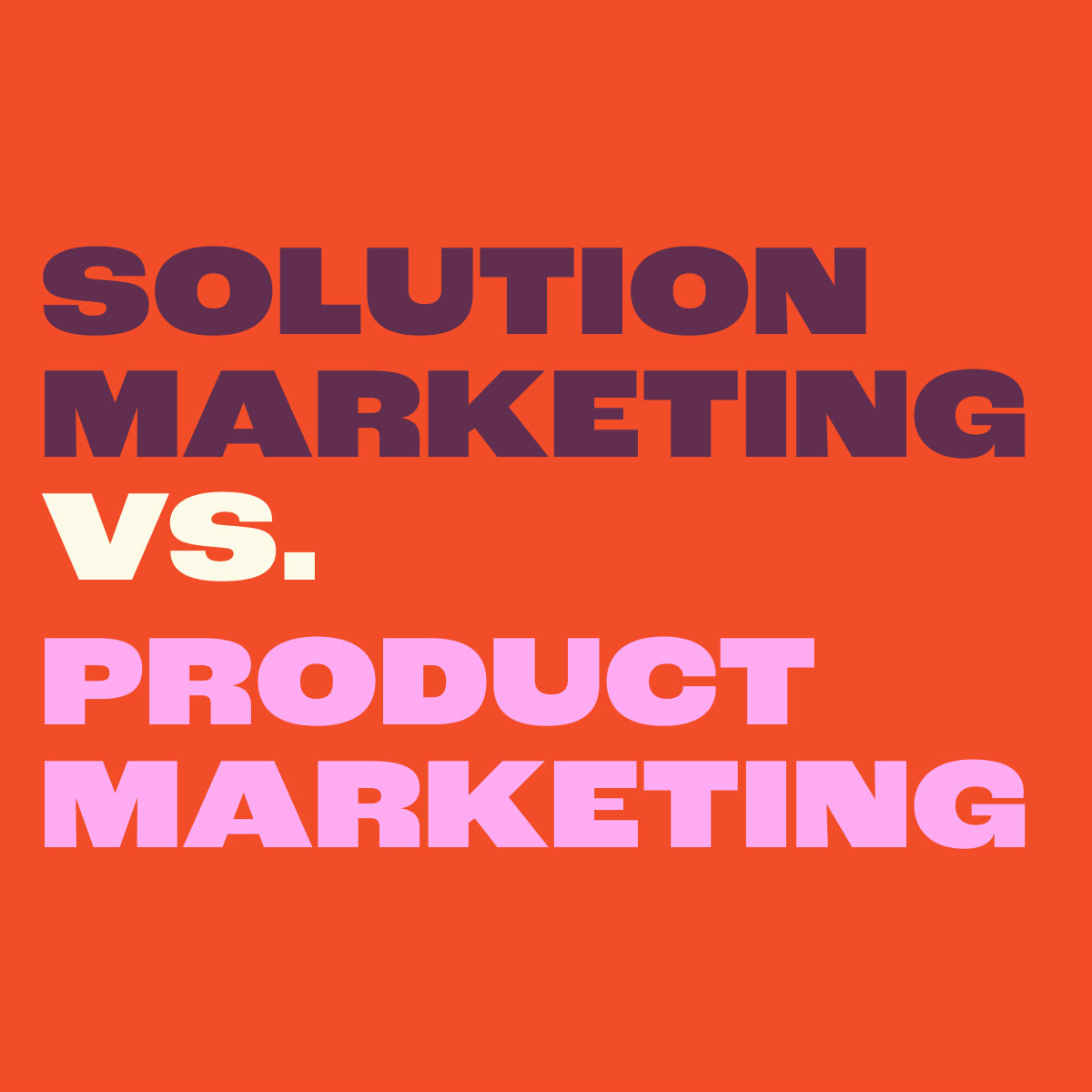As companies continue to grapple with how to identify with and relate to millennials, the first members of a new generation—kids born between 1997 and 2013—will be graduating from college this year. By 2020, “Gen Z” will make up 40% of our US consumer base. How quickly time flies.

You may be asking, “What do we have to look forward to with the Gen Zers?” And, “What will be the differences between the millennials—who grew up being taught, everyone gets a trophy, who have been espousing that they’re going to quit their job and pursue their dreams since they joined the workforce, and who were the first generation born as digital natives—and the Zers?
Below is an overview of who these rising leaders are. This may help ease your mind knowing the coming generation’s priorities—and possibly scare you a bit as a marketer.
CONNECTED SINCE BIRTH TO 24/7 DIGITAL ENGAGEMENT
Gen Z is the first generation to have been exposed to social media at birth, likely pictured on a social channel within 48 hours of coming into this world. They’ve upped the stakes for digital nativity, being the first generation born with personalized computers in their pockets, literally connected 24/7 to the information exchange. They do not consider if or when a store is “open.” It’s a 24/7 world to them. By the age of three, many of them were digital pros, and by the age of 12, they were online influencers busy building and attracting audiences. Their life centers around their smartphone. It’s their key communication tool to establish and maintain friendships, their primary shopping tool where the bulk of their spending happens, their primary source for news and information, and often their source of entertainment. Their world centers around this one device.
SOCIAL ACTIVISM IS AT THEIR CORE
Imagine the impact of having age-appropriate role models like Malalla Yousafzai, who at just 18 years old became the world’s youngest ever Nobel Prize recipient. Or Jack Andraka, a high school student who invented a test that can detect early onset pancreatic cancer. These are just two examples of who Gen Z is looking up to. And they have a plethora of other social influencers who are making their voices heard through online channels that amass millions of followers and amplify voices in ways we never dreamed before.
60% of Gen Zers want their jobs to impact the world, and 76% are concerned about humanity’s impact on the planet. These kids aren’t here just to talk about changing the world. They’re committed to it. Look no further than the recent national school walkout organized by fed-up students from Florida and the attention it has fostered.
THEY DON’T SEE BOUNDARIES
In 2020, half of all US children will be part of a minority race or ethnic group. Gen Z has been in classrooms far more ethnically and socially diverse than their predecessors, and these kids have come of age with Caitlin Jenner and an African American president. The meaning of gender has shifted, and subjects like same-sex marriage and transgender rights are easier to talk about. These kids are inclusive, accepting, and more open-minded. They appreciate individuality and seek it for themselves. They’re not as bound to perceived notions of marriage and role expectations, and, for them, living across the globe doesn’t mean losing connectivity with the ones you love.
Considering that Gen Z will be 40% of our consumer population in 2020, what do we, as marketers, need to think about when trying to appeal to Zers?

THEY SEE A BRAND AS A PERSON, LIKE A FRIEND.
Gen Zers have grown up “liking” what a brand is saying, as they’ve connected with brands on a personal level from a young age. They feel connected to brands they believe in and seek brands with shared values. They appreciate personalized branded content and are natural brand influencers and ambassadors. Brands are friends and extensions of their own personas.

BE REAL, COMMIT, AND BE WELCOMING.
Gen Z is more likely to befriend and identify with a brand that is less focused on aspirational messaging and more focused on being realistic without any stereotyping. They like it when brands use real people vs. models and celebrities. 60% support brands that take a stand on issues they believe in regarding race, sexual orientation, and human rights. To really create a connection, your messaging needs to be authentic, thoughtful, and inclusive. It’s about including everyone together and not being judgmental.

AN EVEN SHORTER ATTENTION SPAN, AND OLD IS OUT.
Gen Z has an eight-second attention span to “get” the full story. That’s right: nab them online in eight seconds or they’re gone. These folks don’t waste a second. They want it all and they want it fast. And if your brand isn’t technologically up to par on their mobile device, they take that as you not caring about them as a customer. They won’t give you the time of day.

DEMONSTRATE THAT YOUR BRAND IS SOCIALLY RESPONSIBLE.
They want to see that you’re like them, authentically committed to bringing about change. You can’t just talk the talk. You need to walk the walk. And when it comes to joining a company, they will expect you to provide a higher purpose to keep them connected to something bigger than the “job” and “paycheck.”
Gen Z is bringing a lot of positive change to the world. They have weathered a lot and have been patiently watching as Gen X has found their footing. Now, they’re here to make their mark, and it’s our job to find a way to their hearts and souls.
Engaging your audience is key – but what happens when you receive a negative online review? Learn tips on how to respond to negative posts on social media.


